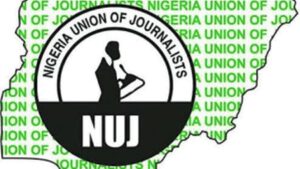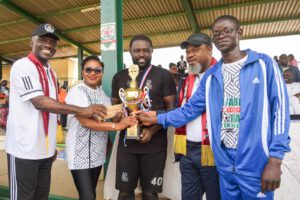The Nigerian Senate President, Bukola Saraki, has decried the high rate of human trafficking in the country.
According to a statement signed by his Chief Press Secretary, Sanni Onogu, Mr. Saraki made this known while speaking at a Round-table on Migration and Human Trafficking in Benin City, on Monday, where he explained that Nigeria is one of the countries with the highest number of slaves.
Over the past few months, the federal government has taken steps toward curtailing the menace ranging from rescuing victims who are being trafficked, to prosecuting the traffickers.
Mr. Saraki, in his address, lamented the worrisome dimension the illegal migration and trafficking has assumed and said that the Senate will collaborate with all relevant stakeholders to tackle the issue.
“Nigeria currently ranks 23 on the Global Slavery Index of 167 countries with the highest number of slaves. Human trafficking is third in the ignoble hierarchy of the commonly occurring crimes in Nigeria, according to UNESCO.
“We are losing sleep over irregular migration and human trafficking; and we are determined, as representatives of the people, to do something about it,” he said.
He further said Nigeria has lost too many young people – who have died in the desert and in the sea – on the unpredictable treks, who otherwise would have led productive lives in their home country.
“We have seen the bleak images of coffins of 26 Nigerian girls who were laid to rest in Italy last November. This is what brings us today to ancient Benin. The trafficking of young males has overtaken females in this state for the first time, and now stands at 63 per cent. Clearly, something is wrong in the way we manage citizens’ security, border security as well as international cooperation and collaboration”, he said.
He commended the Edo State Governor, Godwin Obaseki, for his determined leadership in the face of the crisis.
In his remarks, Mr. Obaseki vowed that the state will continue to fund programmes aimed at protection, prosecution, rehabilitation and reintegration of trafficked victims.
The panel, thereafter, resolved to do more to end irregular migration and human trafficking across the country.
Others present at the round-table include the Minister of Interior, Abdulraman Dambazau, representatives from the European Union and the United Kingdom, International Organization on Migration, the National Agency for the Prohibition on Trafficking in Persons and Civil Society Organizations.



